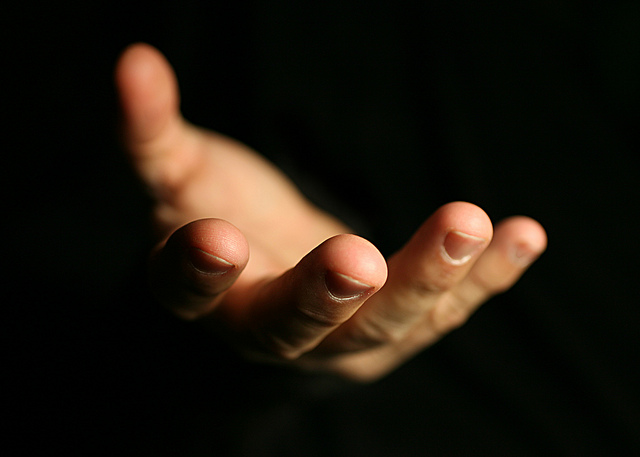Tag: Grace
-

Go ahead and belove
“Excuse me,” the voice said from off to my side. “Can you help me?” She was an old woman, perhaps in her 80’s. Her bones looked small and fragile. She wore a dirty coat. For some reason the coat really bothered me. This woman shouldn’t have been out there in the cold. She should have been […]
-

Since When Were Will and Grace Pagan?
On the last day of the Eight Winds Festival, an hour or so before heading to the airport, I sat around the fire with my fellow ADF members and participated in a discussion with the Senior Priests about the future of ADF’s Dedicant Path (DP). For those not involved with the organization, the DP is […]
-

Chew on THIS, Pagans.
We set fire to the kitchen last night. Metaphorically, I mean. The conversation started while I was preparing dinner, and it continued on throughout the meal and into the clean-up. I woke up thinking about it, and I feel compelled to share some of it with you, my readers; my community of dig-deepers. I’m not […]


